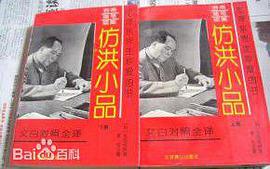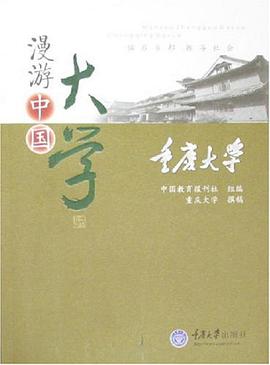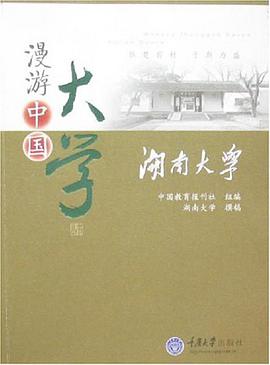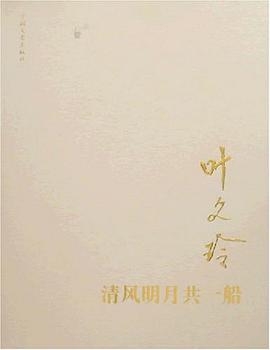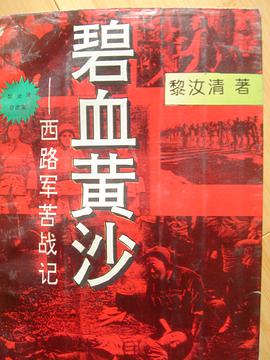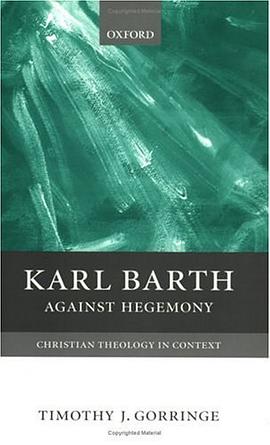

Karl Barth (1886-1968) was the most prolific theologian of the twentieth century. Avoiding simple paraphrasing, Dr Gorringe places the theology in its social and political context, from the First World War through to the Cold War by following Barth's intellectual development through the years that saw the rise of national socialism and the development of communism. Barth initiated a theological revolution in his two Commentaries on Romans, begun during the First World War. His attempt to deepen this during the turbulent years of the Weimar Republic made him a focus of theological resistance to Hitler after the rise to power of the Nazi party. Expelled from Germany, he continued to defy fashionable opinion by refusing to condemn communism after the Second World War. Drawing on a German debate largely ignored by Anglo-Saxon theology Dr Gorringe shows that Barth responds to the events of his time not just in his occasional writings, but in his magnum opus, the Church Dogmatics. In conclusion Dr Gorringe asks what this admittedly patriarchal author still has to contribute to contemporary theology, and in particular human liberation.
具体描述
读后感
评分
评分
评分
评分
用户评价
相关图书
本站所有内容均为互联网搜索引擎提供的公开搜索信息,本站不存储任何数据与内容,任何内容与数据均与本站无关,如有需要请联系相关搜索引擎包括但不限于百度,google,bing,sogou 等
© 2025 book.wenda123.org All Rights Reserved. 图书目录大全 版权所有




